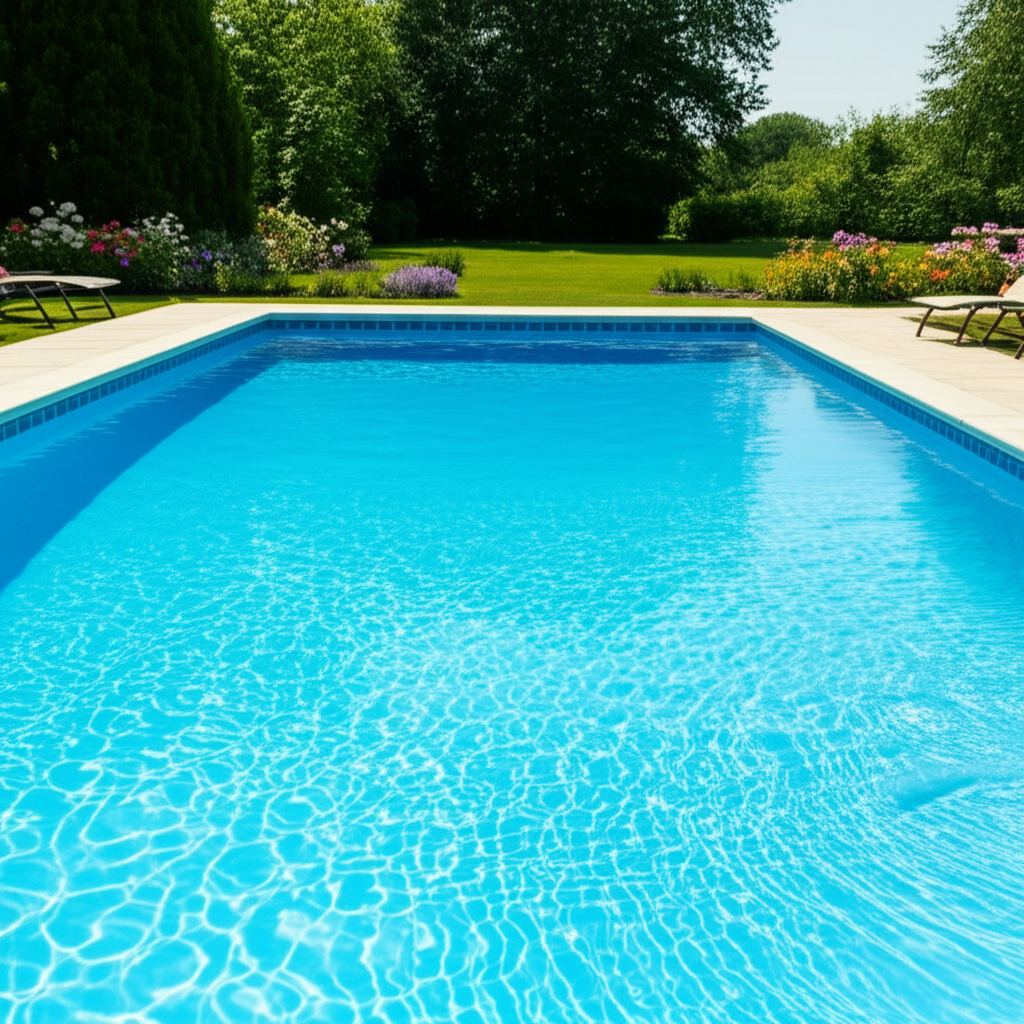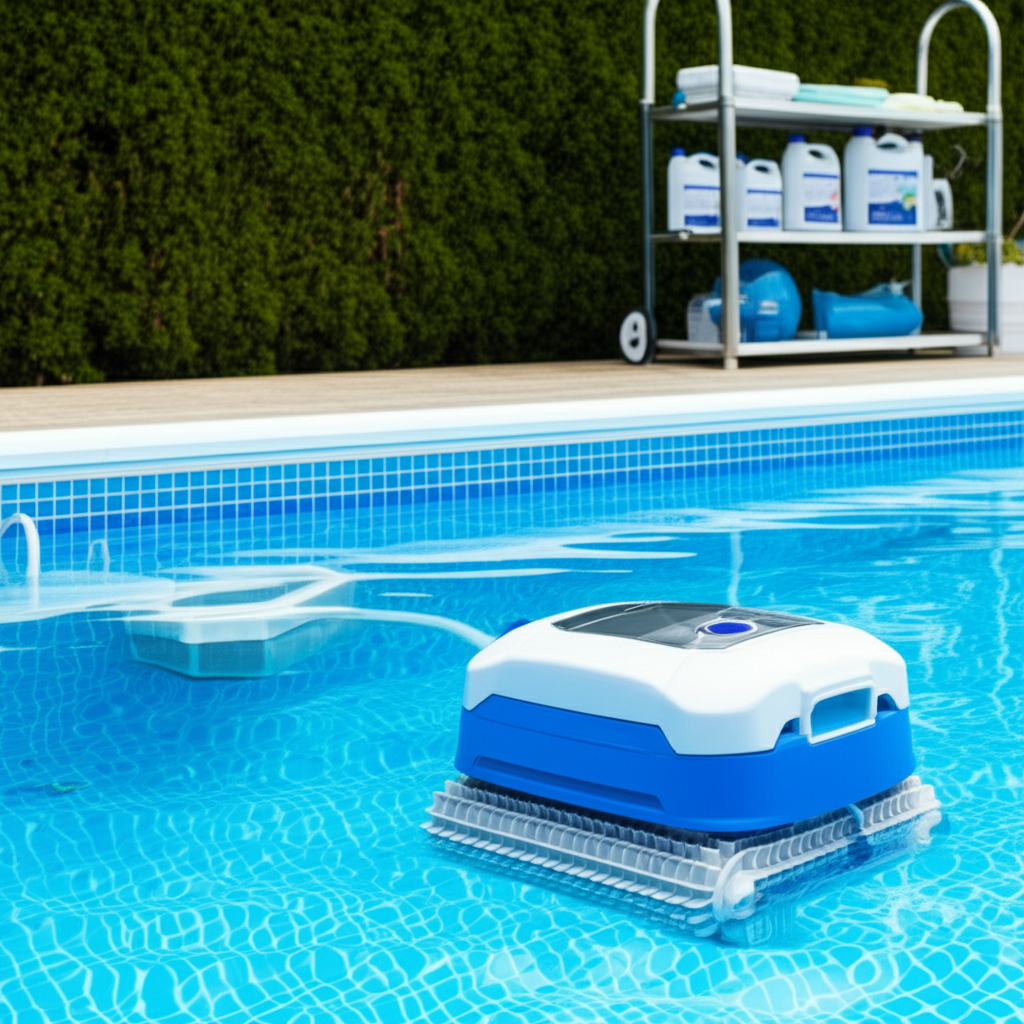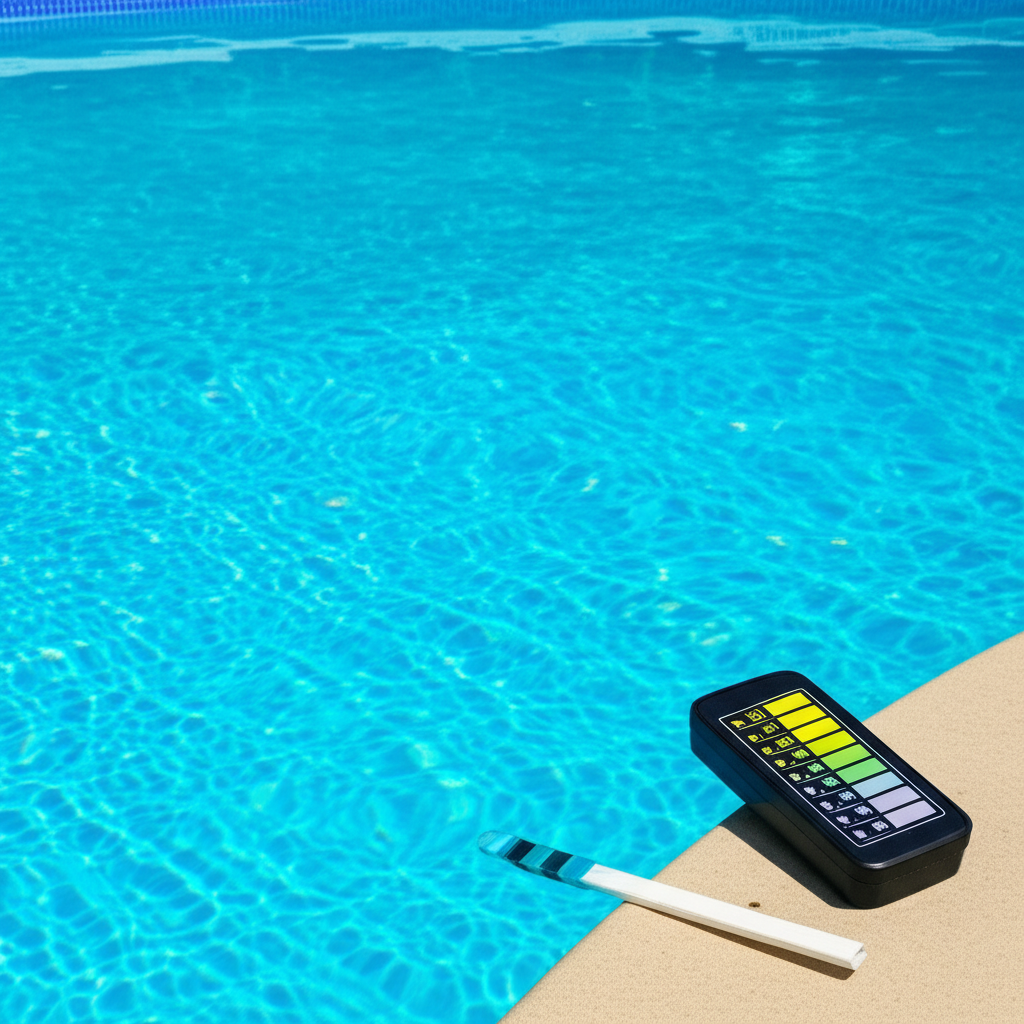- Why Effortless Pool Care is a Game-Changer
- Fundamental Pillars of Effortless Pool Care
- Automating Your Pool Maintenance Routine
- Mastering Your Pool's Chemistry Without the Headache
- Proactive Pool Care Strategies
- Seasonal Pool Care Simplified
- When to Call the Pros
Pool Care: The thought often conjures images of endless scrubbing, complex chemical balancing, and a significant drain on your valuable free time. However, the reality of maintaining a pristine swimming environment doesn’t have to be a daunting chore. With the right approach, tools, and a bit of knowledge, achieving effortless pool maintenance is not just a dream—it’s entirely achievable, transforming your backyard oasis into a perpetual source of relaxation rather than stress. This guide will walk you through the ultimate strategies to simplify your pool upkeep, ensuring crystal-clear water and a pristine swimming experience with minimal effort.
Why Effortless Pool Care is a Game-Changer
Imagine spending more time enjoying your pool than working on it. Effortless pool care means reclaiming your weekends, reducing stress, and ensuring your investment remains in top condition for years to come. It’s about leveraging smart techniques and modern technology to do the heavy lifting, allowing you to focus on what truly matters: making memories with family and friends. A well-maintained pool is not only more appealing but also safer, healthier, and more cost-effective in the long run, avoiding costly repairs due to neglect.
Fundamental Pillars of Effortless Pool Care
At its core, simplified pool maintenance revolves around four critical elements: circulation, filtration, chemistry, and cleaning. Understanding and optimizing these pillars forms the foundation of an easy-to-manage pool.
1. Optimized Circulation: Your pool pump is the heart of your system. Ensuring it runs for an adequate duration (typically 8-12 hours a day, depending on pool size and usage) is crucial for distributing chemicals evenly and preventing stagnant water, which invites algae. Consider a variable-speed pump, which is highly energy-efficient and can be programmed to run at different speeds throughout the day, improving circulation while saving on electricity costs.
2. Effective Filtration: The filter is your pool’s kidney, removing impurities. Regular cleaning (backwashing for sand and DE filters, rinsing for cartridge filters) is non-negotiable. A clean filter can trap more debris, lessening the need for manual cleaning and improving water clarity.
3. Balanced Chemistry: This is often perceived as the most complex aspect, but it needn’t be. Regular, consistent testing and adjustments are key. Automated chemical feeders can significantly reduce manual intervention, as we’ll discuss.
4. Consistent Cleaning: While automation helps immensely, routine physical cleaning (skimming, brushing) remains vital to prevent buildup and keep your pool sparkling.
Automating Your Pool Maintenance Routine
Modern technology has revolutionized pool maintenance, offering a suite of intelligent devices designed to minimize your hands-on involvement.
Robotic Pool Cleaners: These autonomous devices are perhaps the greatest time-savers. Drop them in, and they’ll scrub the floor, walls, and even the waterline, collecting debris in their self-contained filters. Many models can be programmed or controlled via smartphone apps, offering unparalleled convenience.
Automated Chemical Feeders: Dispensers for chlorine tablets (floaters or inline/offline feeders) are common, but more advanced systems like salt chlorine generators or automated liquid chlorine feeders take it a step further. Salt chlorine generators convert saltwater into chlorine, constantly sanitizing your pool without needing to add traditional chlorine. pH balance systems can also automatically dose acids or bases to keep your water perfectly neutral.
Smart Pool Systems: These integrated systems allow you to control your pump, heater, lights, and chemical levels from afar using a smartphone or tablet. They can monitor water chemistry, alert you to issues, and even adjust settings automatically, truly epitomizing effortless pool care.
Mastering Your Pool’s Chemistry Without the Headache
Achieving perfect water chemistry doesn’t require a degree in chemical engineering. It requires consistency and understanding the basics.
Regular Testing: Use reliable test strips, a liquid test kit, or even digital testers to check your water at least 2-3 times a week. The faster you identify an imbalance, the easier it is to correct.
Key Parameters: Focus on pH (7.4-7.6), chlorine (1-3 ppm), alkalinity (80-120 ppm), and calcium hardness (200-400 ppm). These are the pillars of balanced water.
Sequential Adjustments: Always adjust alkalinity first, then pH, then chlorine. Allowing each chemical to circulate and take effect before adding the next prevents unwanted reactions and makes balancing easier.
All-in-One Products: Many pool chemical manufacturers offer multi-purpose tablets or liquid treatments that combine sanitizers, clarifiers, and algaecides, simplifying your routine.
Proactive Pool Care Strategies
While automation handles much of the daily grind, a few minutes of proactive pool maintenance each day or week can prevent major issues down the line.
Daily Skimming: A quick five-minute skim using a leaf net removes floating debris before it sinks and clogs your filter.
Weekly Brushing: Even if your robot cleans your pool, a quick brush of the walls and floor, especially in tough-to-reach corners, helps dislodge algae spores and dirt, improving water quality and preventing staining.
Empty Baskets: Regularly empty your skimmer and pump baskets. Clogged baskets restrict water flow, stressing your pump and reducing circulation efficiency.
* Inspect Equipment: Periodically check your pump, filter, heater, and other equipment for leaks, unusual noises, or wear and tear. Early detection of problems can prevent costly repairs.
Seasonal Pool Care Simplified
Opening and closing your pool can be simplified with proper planning and the right products. For opening, ensure all equipment is clean and functional, then gradually balance your water chemistry. For closing, a thorough clean, proper winterizing chemicals, and a secure cover are crucial. Many smart systems offer “winter mode” or “summer mode” settings to adjust operations accordingly.
When to Call the Pros
Even with the most effortless pool maintenance plan, there might be times when professional help is invaluable. If you encounter persistent algae blooms, complex equipment malfunctions, or struggle to balance your water chemistry despite your best efforts, don’t hesitate to call a certified pool technician. They have the expertise and specialized tools to diagnose and resolve issues efficiently, ultimately saving you time, frustration, and potentially costly errors. Viewing professional service as an occasional, strategic investment rather than a failure of your own efforts is key to long-term, stress-free pool ownership.
In conclusion, pool care doesn’t have to be an overwhelming commitment. By embracing automation, understanding basic chemistry, adopting a proactive mindset, and knowing when to seek professional assistance, you can significantly reduce the time and effort spent on upkeep. The goal is to maximize enjoyment and minimize work, transforming your swimming pool into the ultimate effortless retreat you’ve always envisioned. Dive into a simpler way of pool ownership and rediscover the joy of your backyard oasis.



